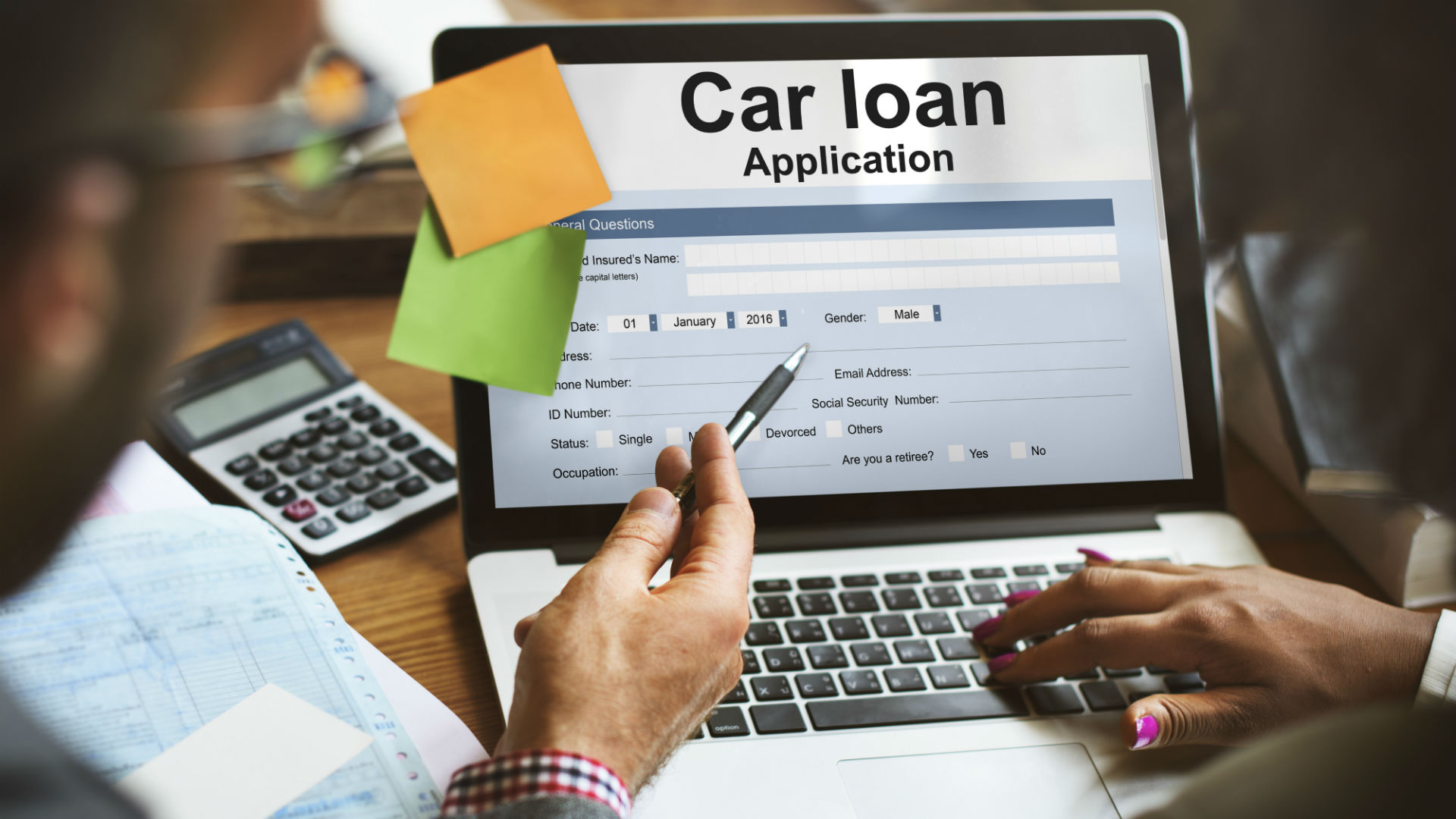
Most people who buy a new car do so via monthly finance payments, rather than paying cash upfront. Personal Contract Purchase (PCP) deals in particular have led a boom period for car finance. Indeed, only a small percentage of people now buy a new car outright.
You may be puzzled by finance jargon when sat opposite the salesperson in the showroom. Don’t worry, though – help is at hand.
If you’re bamboozled by balloon payments or confused by conditional sales, our guide to car finance jargon has the answers. Be sure to read our full guide to the most popular car finance options, too.
This article has been put together with help from the Finance & Leasing Association (FLA).
Car finance jargon buster

- Administration fee or Documentation fee
- The charge for setting up the finance and issuing the relevant documents. It will be included in the total amount payable and taken into account when the Annual Percentage Rate (APR) is calculated.
- Agreement term or length of the agreement
- The length of time over which you agree to repay the car finance.
- Annual Percentage Rate (APR)
- The annual cost of a finance agreement over and above the amount you have borrowed on finance. The cost will include interest rate charges and any other fees. APR can be used to compare different finance products.
- Annual mileage
- You will be asked to estimate your annual mileage as this helps the lender to calculate the market value (Guaranteed Minimum Future Value) at the end of the contract. Do not underestimate the figure, as you will be charged an excess mileage fee at the end of the finance contract.
- Bad credit history
- If a customer has a record of repayment issues, this will be classed as a bad credit history. Although there are specialist lenders for customers with a poor credit score, the cost of borrowing is likely to be higher.
- Balance financed
- The amount you need to borrow – the cost of the new car less a deposit or part-exchange allowance.
- Balloon payment or Guaranteed Minimum Future Value (GMFV)
- The lump sum deferred to the end of a PCP deal or similar. If paid, you will own the car. In most cases, the balloon payment is optional, but check before you sign the agreement.
- Cash back
- An amount refunded to the customer that is not required for a deposit. Cash back is often used as an incentive.
- Conditional Sale
- The sale of the vehicle is conditional on the customer completing the terms of the agreement. The customer will automatically own the car at the end of the agreement.
- Credit agreement
- A legally-binding contract between the customer and the finance company. It will include the loan amount, the term, the rate of interest and the customer’s rights and responsibilities.
- Credit rating
- Part of the scoring system used by finance companies when deciding how to price the risk of finance – and the suitable interest rate.

- Deposit contribution
- A contribution made by the supplying dealer or manufacturer. It will reduce the cost of finance.
- Depreciation
- The extent and rate at which a new car loses its value. For example, a new car might might be worth 50 percent of its original list price after three years and 30,000 miles.
- Documentation fee
- See Administration fee.
- Early settlement
- The amount payable should a customer decide to end the finance agreement.
- Equity
- The difference between the agreed market value of the car and the loan balance left to pay. If the market value is lower than the remaining balance, the term ‘negative equity’ is used.
- Final payment
- The last repayment to be made as part of the finance agreement. This may include an option to purchase fee.
- Fixed rate interest
- The same interest rate is applied for the duration of the car finance agreement.
- Flat rate
- The base interest charged on the finance. The APR figure is a more accurate representation of the cost of finance.
- GAP (Guaranteed Asset Protection) insurance
- In the event of an accident, the insurer will pay the car’s current market value. GAP insurance can cover the difference between the market value and the finance left to pay.
- Gross income
- The finance provider will ask for proof of your income before tax and National Insurance have been deducted. This is called gross income. Net income is the figure after tax and National Insurance are deducted.
- Hire Purchase (HP)
- After an initial deposit, customers pay a series of fixed monthly payments over a set period of time. Although you become the car’s registered keeper, you don’t own it until the final payment is made.
- Interest rate
- The price you pay for borrowing the money is called the interest.

- Joint application
- When two or more people apply for car finance, it is called a joint application.
- Lease Purchase
- A form of Hire Purchase in which a sum is deferred until the end of the contract. This sum isn’t optional and must be paid.
- Monthly rentals
- The amount paid every month under leasing agreements. They’re not classed as repayments as the car will be handed back to the leasing company at the end of the agreement.
- Option to purchase fee
- A voluntary payment which, if paid, transfers ownership of the car to the customer.
- Part-exchange
- The amount given to you for your existing car when trading it in for a new one.
- Personal Contract Purchase (PCP)
- A form of finance with the option to return the car at the end of the contract, which keeps monthly payments lower. See our guide to PCP finance.
- Quotation
- Provides an indication of the cost that would apply if you went ahead with the finance.
- Residual value
- The projected value of your car at the end of the finance agreement. Factors such as wear and tear, mileage and market trends may affect the actual value.
- Secured loan
- Most finance agreements are secured against the car.
- Secondary rental
- To keep renting the car at the end of a lease agreement, it might be possible to arrange a secondary rental. This will typically be in the form of an annual fee or monthly repayments.
- Term
- The length of the finance agreement.
- Trade value
- How much the car is worth if sold at auction or purchased by a dealer.
- Unsecured loan
- A loan that isn’t secured against the car.
ALSO READ:
Every type and body style of car explained